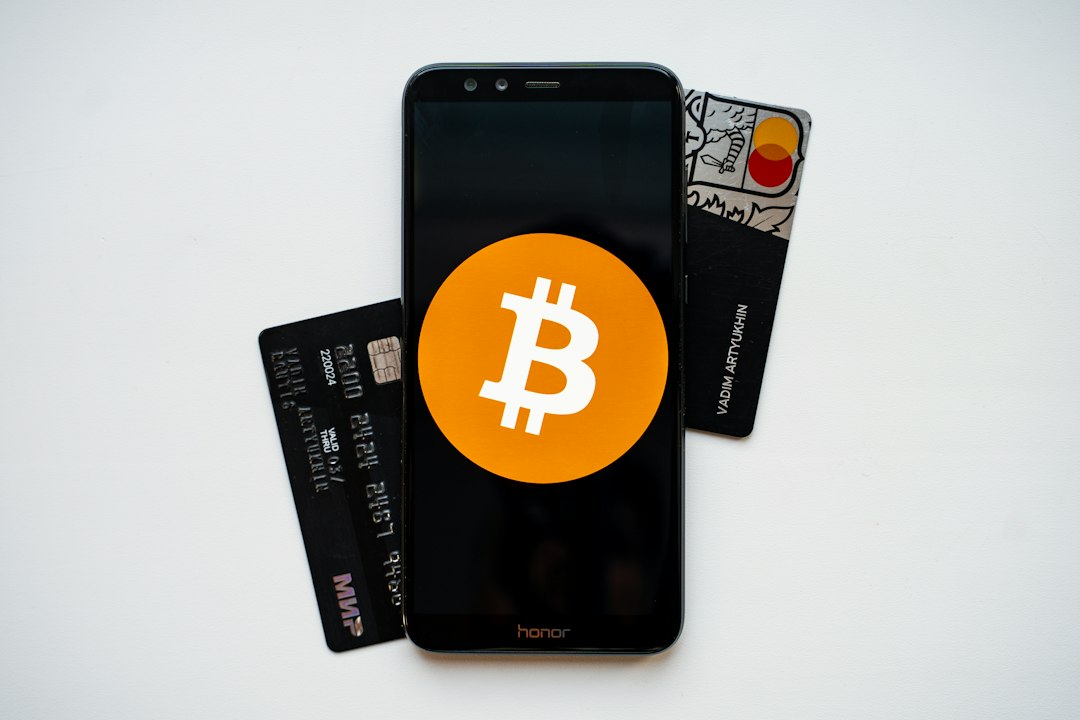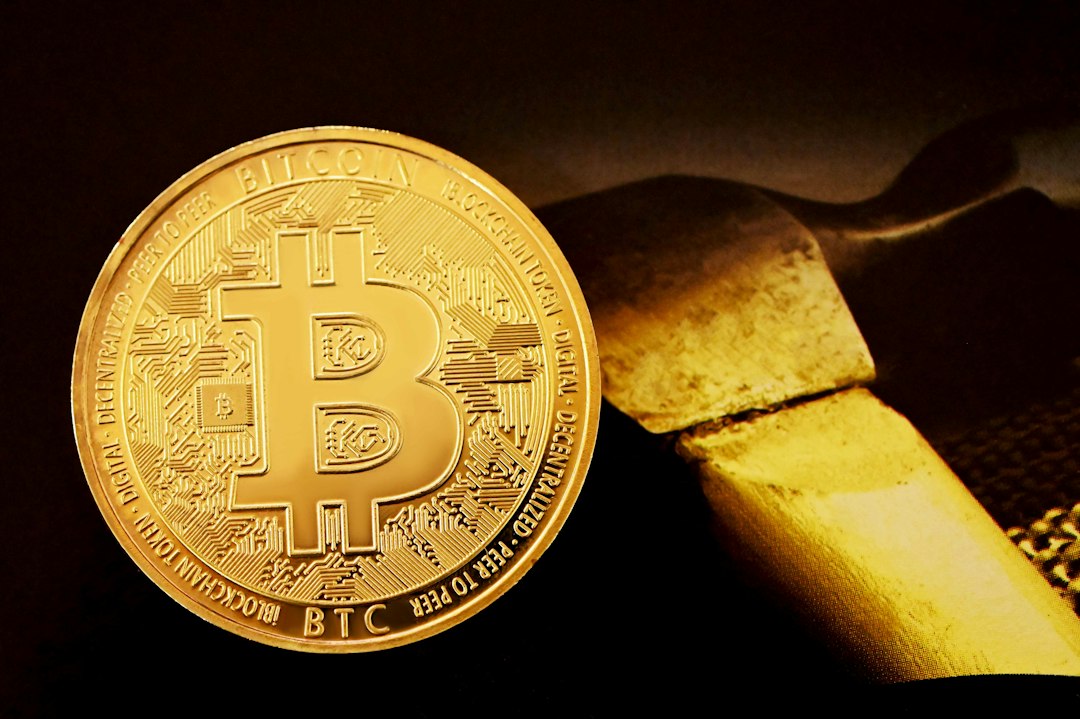The Growing DeFi Ecosystem on Polygon (MATIC) Blockchain
Are you looking to delve into the exciting world of decentralized finance (DeFi)? If so, the Polygon (MATIC) blockchain is a promising platform that offers a growing and vibrant DeFi ecosystem. In this article, we will explore how the MATIC blockchain has become a popular choice for developers and users alike, providing a seamless and efficient experience for DeFi enthusiasts.
Polygon (previously Matic Network) is a layer 2 scaling solution built on top of the Ethereum blockchain. It aims to address the scalability issues of Ethereum and provide a high-performance infrastructure for decentralized applications (dApps). What makes Polygon unique is its interoperability with Ethereum, allowing users to enjoy the benefits of both blockchains.
One of the key attractions of the Polygon blockchain is its extensive DeFi ecosystem. The blockchain hosts a wide range of DeFi protocols and applications that provide users with various opportunities to earn, trade, and invest. Let’s take a closer look at some of the exciting projects and features available on Polygon.
Decentralized exchanges (DEXs) play a crucial role in the DeFi space, and Polygon offers several popular DEXs that operate on its network. QuickSwap, for instance, is a decentralized exchange similar to Ethereum’s Uniswap, allowing users to swap tokens and provide liquidity. With significantly lower gas fees and faster transactions, QuickSwap has gained popularity among DeFi enthusiasts.
Another notable DEX on the Polygon network is SushiSwap, a decentralized exchange with advanced features such as yield farming and staking. SushiSwap is built on top of the SushiSwap protocol on Ethereum, making it accessible to a broader user base. By offering more opportunities to earn through yield farming, SushiSwap has become a go-to platform for DeFi users on Polygon.
Additionally, Aave, one of the leading lending and borrowing platforms in DeFi, has expanded its services to the Polygon blockchain. Aave enables users to lend and borrow a wide range of crypto assets, providing a seamless user experience with low fees and faster transaction confirmation times. By integrating with Polygon, Aave has widened its reach and attracted a larger user base.
For yield farming enthusiasts, Polygon offers several high-yield farming platforms that allow users to earn lucrative rewards by staking their tokens. Pickle Finance, for example, offers various farms and vaults on the Polygon network. By depositing stablecoins or other supported tokens, users can earn generous yields in an efficient and cost-effective manner.
In addition to these DeFi protocols, Polygon boasts numerous other exciting projects, including decentralized insurance platforms, portfolio trackers, synthetic asset providers, and more. The constant growth and development of the DeFi ecosystem on the Polygon blockchain offer a multitude of opportunities for users to explore and leverage.
By choosing to participate in the DeFi ecosystem on the Polygon network, you can benefit from several advantages. Not only does Polygon provide faster and cheaper transactions compared to Ethereum, but it also offers a more user-friendly interface, making it easier for newcomers to navigate the world of DeFi. With lower fees and reduced congestion, you can freely experiment with different protocols and strategies without worrying about excessive costs.
Additionally, the interoperability between Polygon and Ethereum allows you to seamlessly transfer your assets between the two blockchains. This feature opens up cross-chain opportunities, enabling you to leverage the benefits of different DeFi environments and access a wider range of assets and offerings. Whether you want to take advantage of the lower fees on Polygon or tap into the established Ethereum DeFi ecosystem, you have the flexibility to do so.
FAQs:
1. How do I get started with the DeFi ecosystem on the Polygon blockchain?
To get started, you need to set up a wallet that supports the Polygon blockchain. Popular choices include MetaMask and Trust Wallet. Once you have a wallet, you can connect it to the Polygon network and start exploring the various DeFi protocols and applications available.
2. Are the DeFi protocols on Polygon safe?
While the DeFi protocols on Polygon have undergone audits, it is crucial to do your own research and exercise caution when interacting with any platform. Make sure to check for security bounties, read reviews, and only invest what you can afford to lose.
3. Can I transfer my assets from Ethereum to Polygon?
Yes, you can transfer your assets from Ethereum to Polygon by using the Polygon Bridge. This bridge allows you to bridge your tokens between the two blockchains and take advantage of the different DeFi opportunities available.
In conclusion, the growing DeFi ecosystem on the Polygon (MATIC) blockchain provides an exciting and profitable avenue for users interested in exploring decentralized finance. With its high-performance infrastructure, low fees, and wide range of protocols, Polygon is emerging as a top choice for DeFi enthusiasts. By immersing yourself in this vibrant ecosystem, you can take advantage of numerous opportunities to earn, trade, and invest in a seamless and efficient manner. So why wait? Start your DeFi journey on the Polygon network today!





 By
By
 By
By

 By
By
 By
By